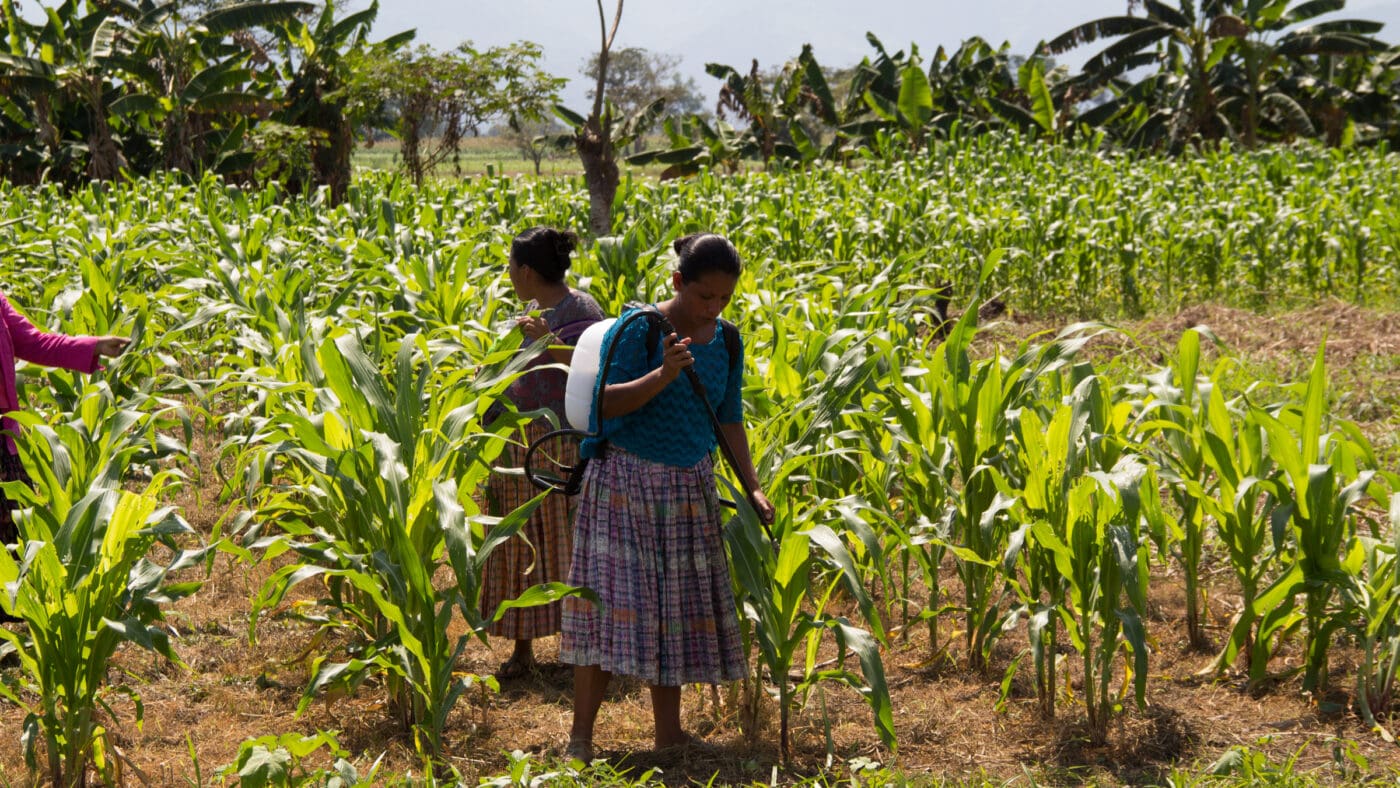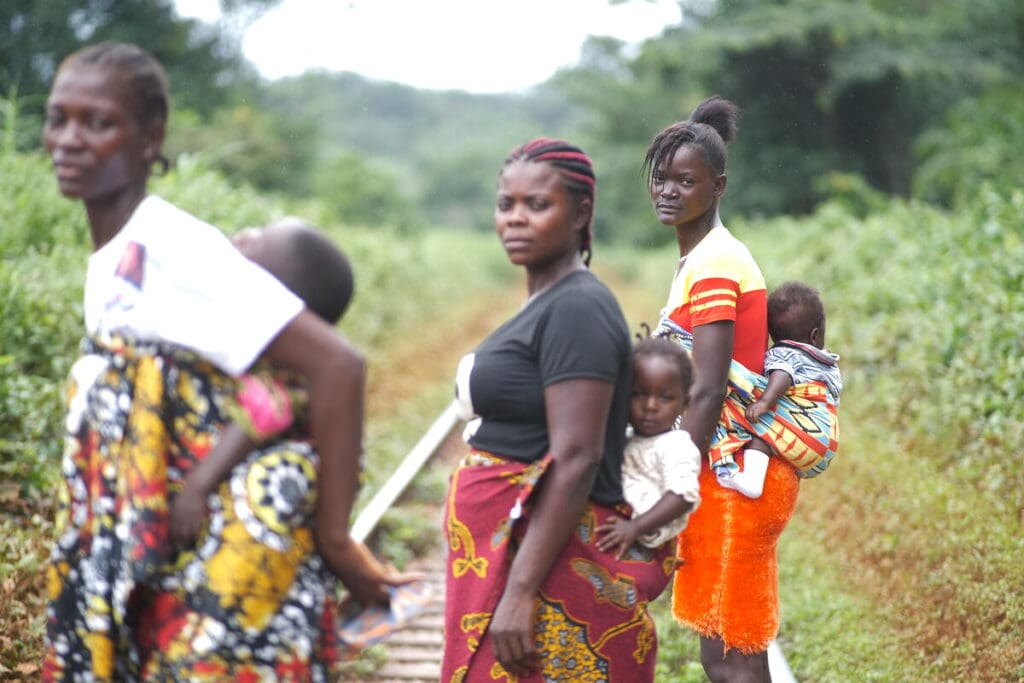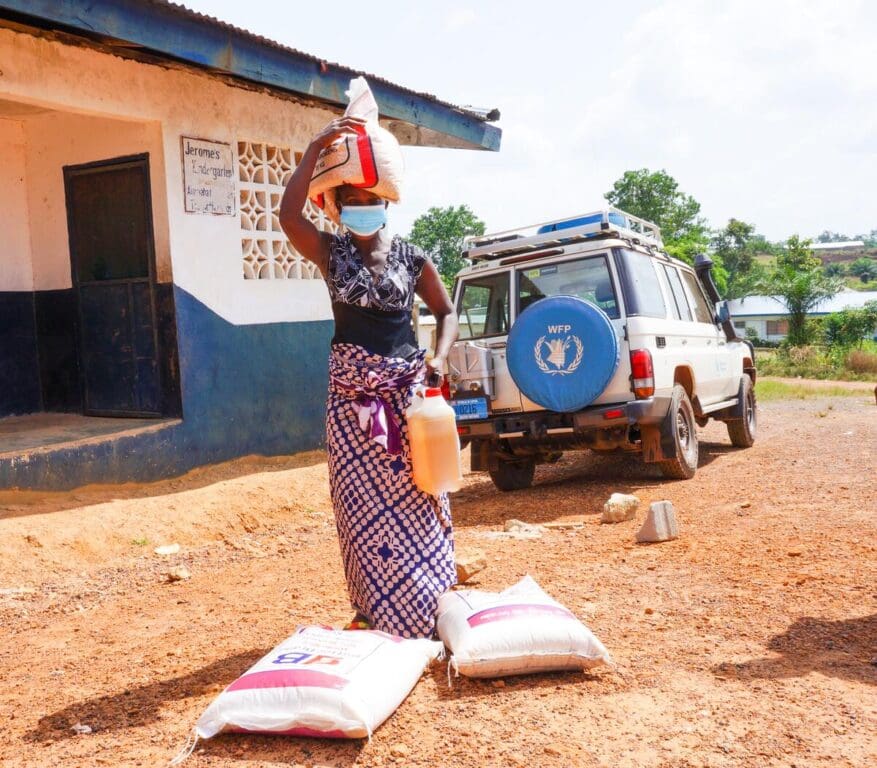
Liberia
Liberia, on the Atlantic coast of Africa, is classified as a least developed, low-income, food-deficit country.
Struggling with Hunger
For more than 30 years between 1979 and 2003, the people of Liberia have seen violent conflicts including a military coup d’état in 1980, widespread violence during military rule and two civil wars. As a result of these conflicts, the national GDP fell by a catastrophic 90% between 1987 and 1995, one of the biggest economic collapses ever recorded in the world.
An outbreak of Ebola in March 2014 claimed 4,800 lives in just over a year and highlighted Liberia’s vulnerability to such public health shocks.
Poverty and hunger levels are high across the country and are particularly severe in Liberia’s rural areas, where 51% of the population lives. Some 83.8% of the population live on less than $1.25 a day.


WFP’s Work In Liberia
WFP has been present in Liberia since 1968. The UN agency aims to provide safety nets to strengthen food and nutrition security through activities including:
- School meals: WFP provides school meals to primary schoolchildren and take-home rations to schoolgirls from highly vulnerable poor households in the most food-insecure counties.
- Building resilience: To enhance the resilience of rural communities to economic shocks and natural disasters, WFP promotes food assistance for assets (FFA) projects in which participants create community assets – including roads and bridges to improve access to markets – in return for food or cash transfers. WFP also woks to establish community grain reserves and link farmers’ organizations to markets.
- Support for refugees: Refugees have limited access to means of earning a living, rendering them heavily dependent on food and material assistance. WFP provides monthly food support to some 30,000 refugees residing in Liberia’s three official refugee camps.